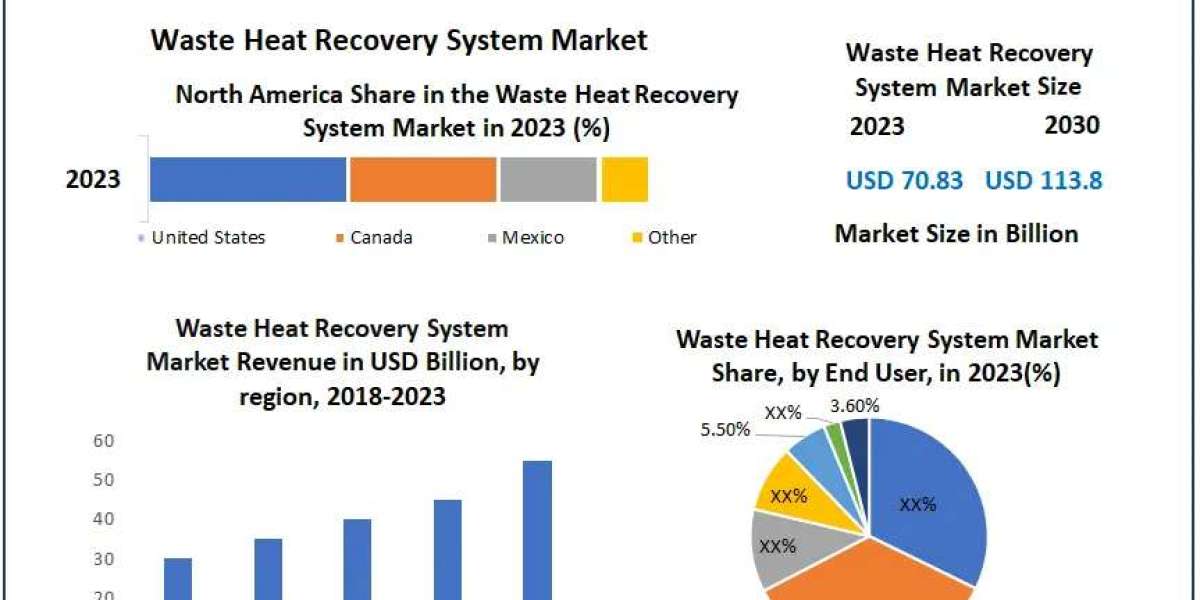Lean management, a methodology focused on maximizing value while minimizing waste, has become a cornerstone of operational excellence across industries. Originating from Toyota's production system, lean management emphasizes continuous improvement, efficiency, and the elimination of non-value-added activities. As businesses strive to remain competitive in an increasingly dynamic market, adopting lean principles can lead to significant benefits in operations. Here’s a closer look at how lean management can transform operations.
1. Increased Efficiency
One of the primary benefits of lean management is the significant improvement in operational efficiency. By systematically identifying and eliminating waste—defined as any activity that does not add value from the customer's perspective—businesses can streamline their processes. This leads to faster production times, reduced costs, and more efficient use of resources.
For example, techniques such as value stream mapping can help organizations visualize the entire production process, identify bottlenecks, and streamline workflows. This not only reduces cycle times but also enhances the overall flow of operations, allowing businesses to deliver products and services more quickly.
2. Cost Reduction
Lean management's focus on waste elimination directly translates into cost savings. By reducing excess inventory, minimizing overproduction, improving defect rates, and optimizing labor and materials, companies can significantly lower their operational costs.
For instance, just-in-time (JIT) inventory systems, a key component of lean management, reduce the need for large inventories by producing goods only as they are needed. This decreases storage costs and minimizes the risk of inventory obsolescence. Additionally, lean practices help in identifying areas where resources are being underutilized or wasted, allowing businesses to reallocate these resources more effectively.
3. Enhanced Quality
Quality improvement is a central tenet of lean management. By focusing on processes and identifying areas where errors or defects occur, lean practices help in minimizing variations and improving the overall quality of products and services.
Techniques such as Total Quality Management (TQM) and continuous improvement (Kaizen) are integral to lean operations. They encourage a culture of quality where every employee is involved in identifying and solving quality-related issues. This leads to fewer defects, reduced rework, and ultimately higher customer satisfaction.
4. Better Customer Satisfaction
Lean management’s emphasis on delivering value to the customer ensures that operations are aligned with customer needs and expectations. By focusing on efficiency and quality, lean practices help businesses deliver products and services that meet or exceed customer expectations.
Improved lead times, consistent product quality, and the ability to quickly adapt to customer demands are direct outcomes of lean management. This not only enhances customer satisfaction but also fosters loyalty and long-term business relationships.
5. Employee Engagement and Empowerment
Lean management empowers employees by involving them in the continuous improvement process. By encouraging employees at all levels to identify inefficiencies and suggest improvements, lean management fosters a culture of engagement and ownership.
Techniques like Kaizen promote small, incremental changes that can lead to significant improvements over time. Employees who are actively involved in improving their work processes are more likely to be motivated, satisfied, and committed to the organization’s success.
6. Improved Flexibility and Adaptability
In a rapidly changing business environment, flexibility is crucial. Lean management helps organizations become more agile by streamlining processes and reducing lead times. This increased agility enables companies to respond quickly to market changes, customer demands, and unforeseen challenges.
For instance, by implementing lean practices, a company can reduce its production cycle time, allowing it to adjust more quickly to changes in demand. This adaptability is a significant competitive advantage in industries where customer preferences and market conditions can change rapidly.
7. Sustainability
Lean management’s focus on waste reduction and resource optimization also contributes to sustainability. By minimizing waste in production processes, companies can reduce their environmental impact, which is increasingly important in today’s business landscape.
Practices such as reducing excess inventory, minimizing energy consumption, and optimizing supply chain logistics align with sustainable business practices. This not only benefits the environment but also enhances the company’s reputation and appeal to environmentally conscious consumers.
8. Continuous Improvement
Lean management instills a culture of continuous improvement, where processes are regularly evaluated and optimized. This ongoing commitment to improvement ensures that operations remain efficient and competitive over the long term.
By fostering a mindset of continuous improvement, companies can stay ahead of the competition, adapt to changing market conditions, and continuously deliver value to customers. This proactive approach to problem-solving and innovation is a hallmark of successful lean organizations.
Conclusion
The benefits of lean management in operations are far-reaching, offering organizations the tools to improve efficiency, reduce costs, enhance quality, and increase customer satisfaction. By fostering a culture of continuous improvement, lean management not only streamlines operations but also empowers employees and drives sustainable business practices. As companies navigate the complexities of the modern business environment, adopting lean management principles can be a powerful strategy for achieving operational excellence and long-term success.







